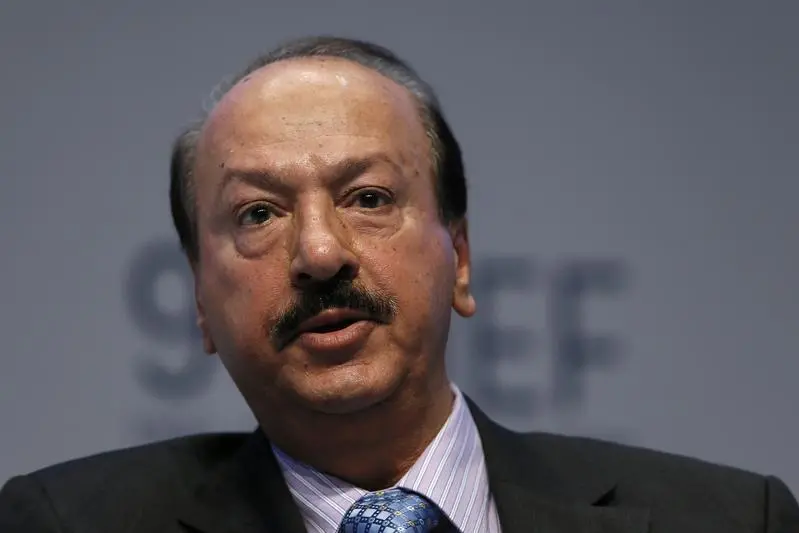PHOTO
Sunday, Jul 10, 2016
Muscat: Despite significant pressures on the economy of Oman, the country has fared fairly well and without much damages, said Hamood Sanjoor Al Zadglai, the Central Bank Executive President.
“This was made possible because to weather the commodity price fluctuations, Oman had proactively kept high fiscal buffers, higher capital requirements for banks, low government debt, and flexible wage contracts,” he said.
Al Zadglai made the remarks in a publication of the Central Bank of Oman (CBO), which was released on Sunday. Oil prices reached a high of $115 (Dh422) in mid-2014 but fell to below $30 in January. They have recovered to about $50 since, the loss of revenue has significantly hit a number of oil producing states.
“As a result of ... deficit during 2015 and subsequent rating downgrades, Oman has introduced fiscal reforms in order to consolidate its fiscal position in the medium term. As Oman follows a fixed exchange rate regime, therefore, maintenance of the peg against the dollar is a primary policy objective. As of December 2015, only one-third of the CBO’s reserves were sufficient to support the Omani riyal,” Al Zadgali said.
Fairly liquid
Al Zadglai said the banking sector continued its domination in Oman’s financial landscape. The sector remained well capitalised, profitable and fairly liquid. Credit risk is well contained with net NPL (non-performing loans) ratio of less than 0.5 per cent, while market risks remained subdued. A stress testing exercise showed that the banking sector remained resilient to a range of scenarios. Al Zadglai said the banking sector and the economy can, however, benefit from extending more credit to the SMEs.
“Other than some concerns ... it is satisfactory to note that we do not foresee any immediate threat to the financial stability in Oman,” he said.
Oman posted a budget deficit of 4.5 billion riyals in 2015, as revenues declined by more than 50 per cent. In the first quarter of 2016, Oman posted a 1.6 billion riyal deficit.
Non-oil revenues are estimated to reach 2.45 billion riyals in 2016, compared to just 1.9 billion in 2015.
By Fahad Al Mukrashi Correspondent
Gulf News 2016. All rights reserved.





















